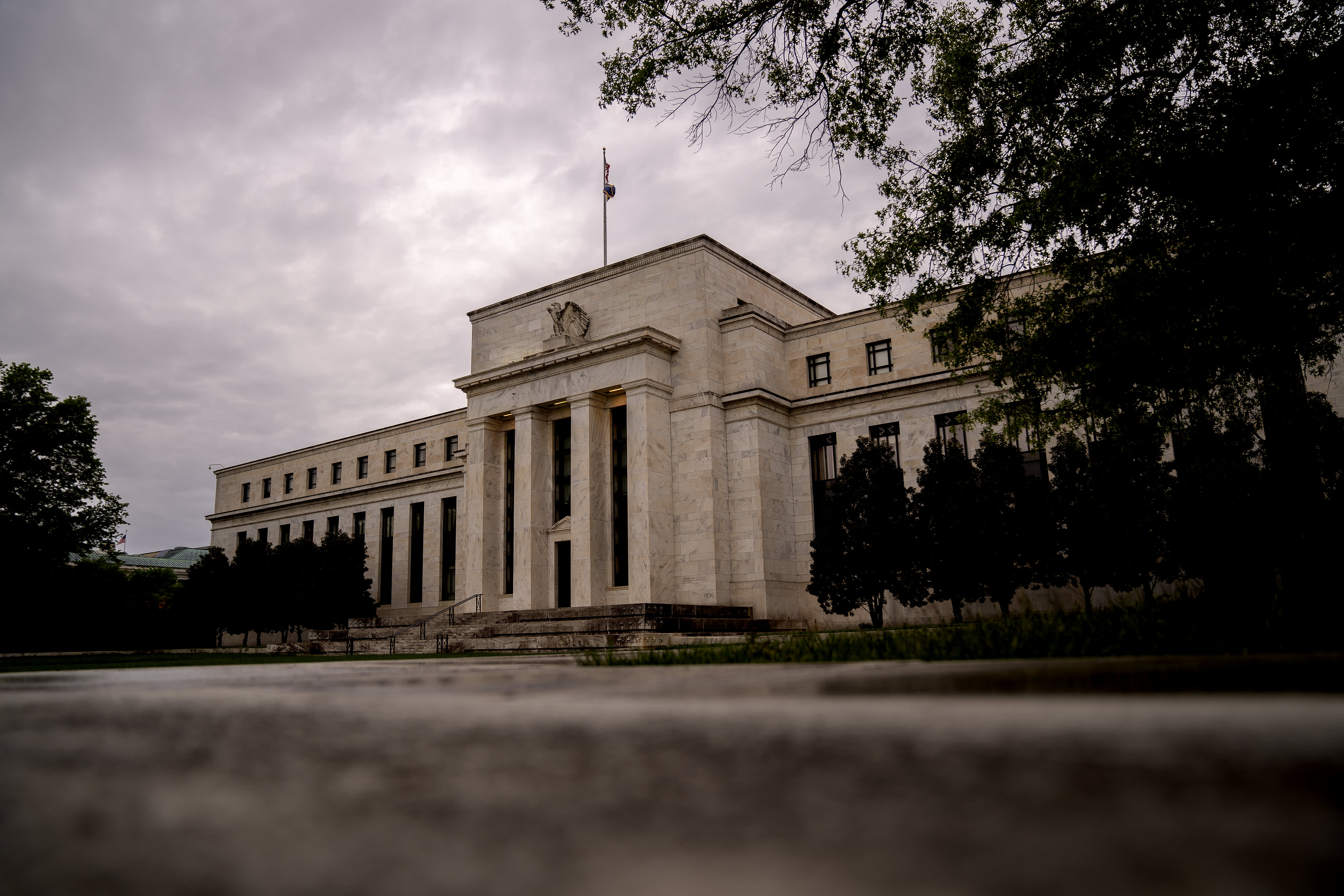U.S. businesses are experiencing escalating inflation that is being aggravated by a shortage of goods and likely will be passed onto consumers in many areas, the Federal Reserve reported Wednesday.
In its periodic “Beige Book” look at the nation’s economic picture, the central bank also reported that growth overall had “downshifted slightly to a moderate pace” amid rising public health concerns during the July-through-August period that the report covers.
“The deceleration in economic activity was largely attributable to a pullback in dining out, travel, and tourism in most Districts, reflecting safety concerns due to the rise of the Delta variant, and, in a few cases, international travel restrictions,” the report said.
Rising inflation pressures are part of that picture in which a shortage of workers is being met by higher salaries.
The report noted that inflation is “steady at an elevated pace,” with half the Fed’s 12 districts reporting “strong” pressure while the other half said it was “moderate.” However, the details of the report show that the issue is growing. The Fed’s preferred inflation gauge showed an increase of 3.6% in July, but most other measures are higher.
“With pervasive resource shortages, input price pressures continued to be widespread,” the report said.
Businesses reported “substantial escalation in the cost of metals and metal-based products, freight and transportation services, and construction materials,” though timber moved lower.
They also said the price pressures at the supply level likely will find their way to store shelves.
“Even at greatly increased prices, many businesses reported having trouble sourcing key inputs,” the report said. “Some Districts reported that businesses are finding it easier to pass along more cost increases through higher prices. Several Districts indicated that businesses anticipate significant hikes in their selling prices in the months ahead.”
The Beige Book release comes as the Fed debates whether to withdraw some of the extreme policy accommodation it has provided since the pandemic began. Specifically, officials are considering tapering monthly bond purchases, probably before the end of the year.
Those in favor of keeping policy in place worry primarily about the state of employment. The unemployment rate has fallen to 5.2%, but payroll growth slowed considerably in August amid fears over the Covid delta variant.
The Beige Book said all districts reported job growth, though it varied from “slight to strong.” Business contacts cited “extensive labor shortages” despite “strong” wage growth particularly among lower earners, the main area the Fed is targeting with a policy adjustment it approved a year ago.
“Employers were reported to be using more frequent raises, bonuses, training, and flexible work arrangements to attract and retain workers,” the report said.
Job offerings totaled a record 10.9 million in July, the Labor Department reported Wednesday. Hirings, though, were little changed as businesses deal with the labor shortage.
Become a smarter investor with CNBC Pro.
Get stock picks, analyst calls, exclusive interviews and access to CNBC TV.
Sign up to start a free trial today.
